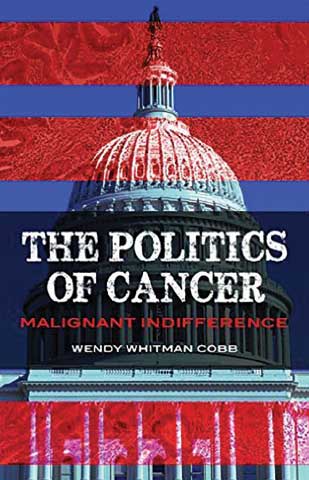 PRAEGER, MARCH 2017In his final State of the Union address in January 2016, President Barack Obama introduced a new “moonshot” effort aimed at treating and curing cancer. His Vice President, Joe Biden, having recently lost his son Beau to brain cancer, was put in charge of the project and immediately set out to remove barriers and improve communication between researchers, doctors, and patients. Biden’s work helped lead to the December 2016 passage of the 21st Century Cures Act, which provided $1.8 billion for cancer research and changed US Food and Drug Administration (FDA) regulations to pave the way for faster approval of new cancer drugs. All of this occurred as the new Trump administration prepared to take power.
PRAEGER, MARCH 2017In his final State of the Union address in January 2016, President Barack Obama introduced a new “moonshot” effort aimed at treating and curing cancer. His Vice President, Joe Biden, having recently lost his son Beau to brain cancer, was put in charge of the project and immediately set out to remove barriers and improve communication between researchers, doctors, and patients. Biden’s work helped lead to the December 2016 passage of the 21st Century Cures Act, which provided $1.8 billion for cancer research and changed US Food and Drug Administration (FDA) regulations to pave the way for faster approval of new cancer drugs. All of this occurred as the new Trump administration prepared to take power.
Unlike both Obama and Biden, President Donald Trump has not spoken publicly about cancer, either to relate experiences he’s had personally or to address the politics surrounding the disease. The effectiveness of a broad push to cure cancer or even improve patient outcomes often benefits from the personal involvement of high-ranking officials such as the president or vice president, as I discuss in my new book, The Politics of Cancer. But such backing is unlikely to materialize under either President Trump or Vice President Mike Pence. Trump’s stances on regulation and the FDA drug-approval process will, however, likely have a significant effect on both the researchers who study cancer and the patients who must live with it.
On the regulatory front, President Trump’s executive order ...



















